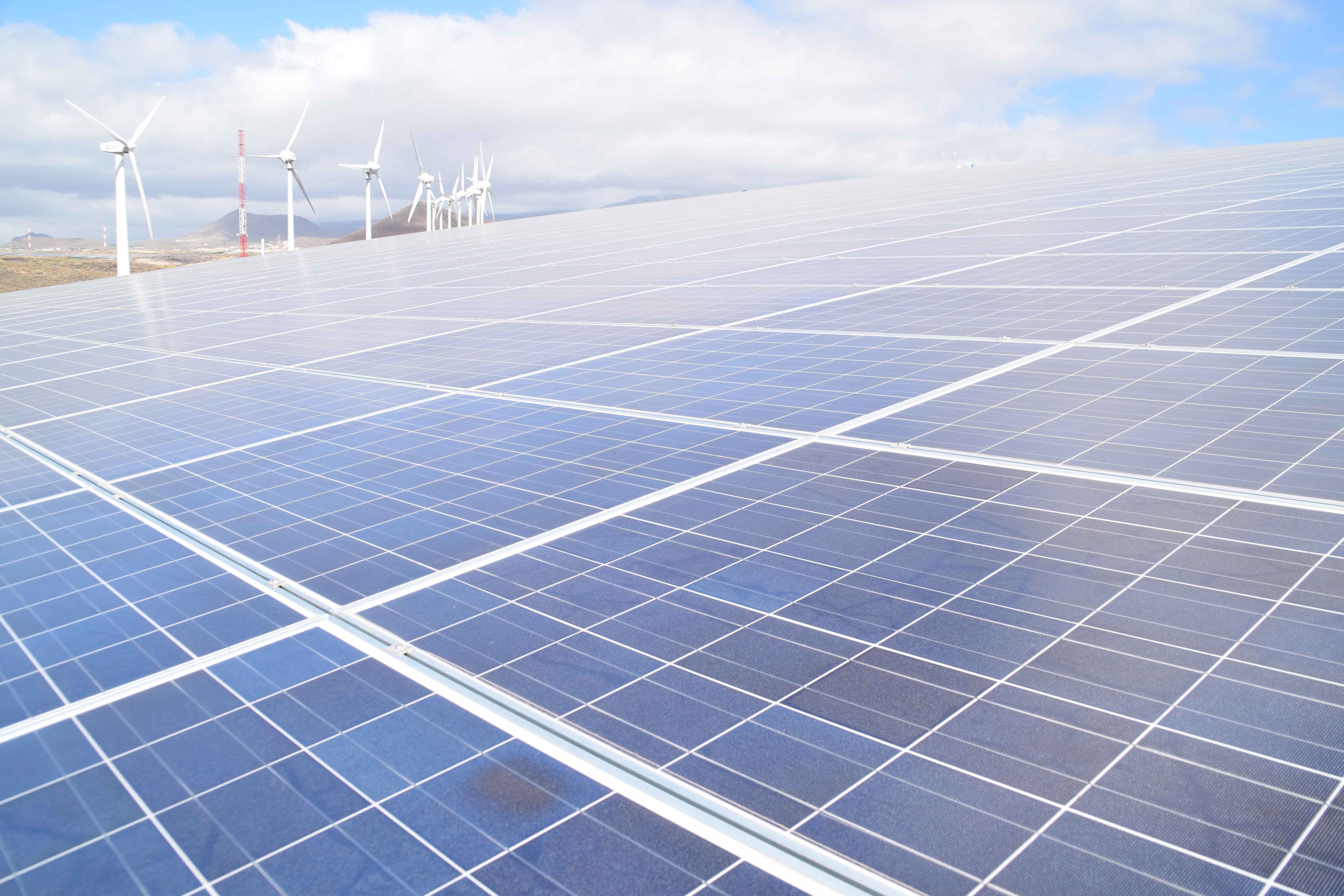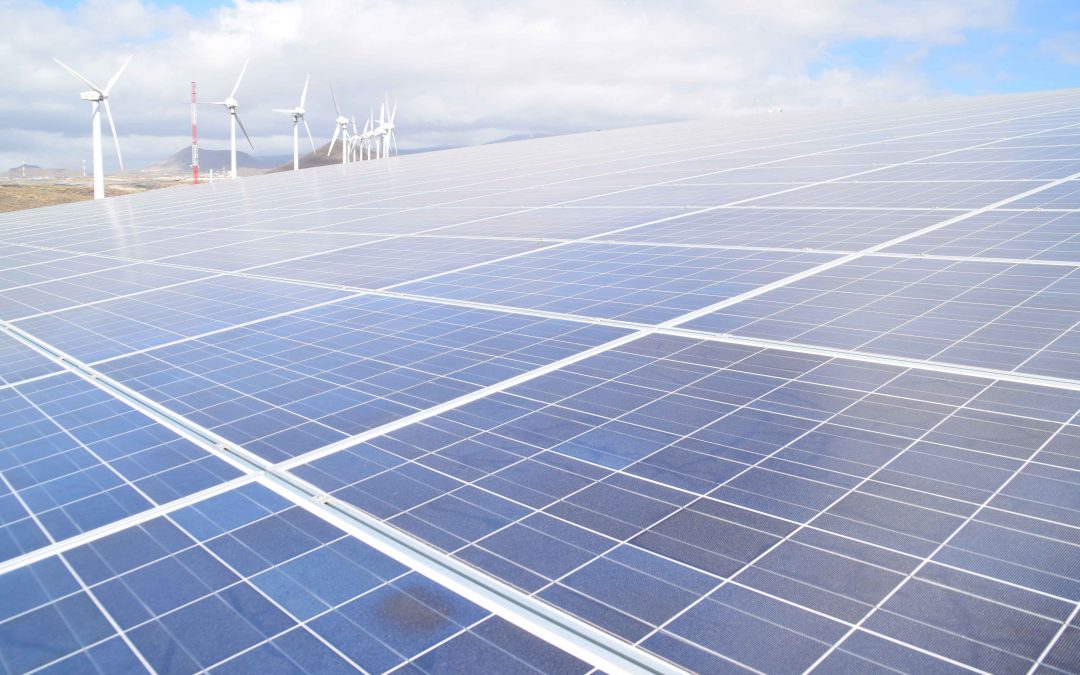É esperado que o elemento químico possa ser usado em toda a região do Atlântico para alimentar as frotas locais de veículos e apoiar a transição para uma economia de baixo carbono.
O projeto está em estudo nas Ilhas das Canárias, Espanha, na Ilha da Madeira, Portugal e nas Ilhas de Aran, Irlanda. O projeto SEAFUEL, orçamentado em €3,5 milhões e com a duração de três anos, irá aproveitar a experiência e know-how de um grupo de parceiros transnacionais em energias renováveis, nomeadamente solar e eólica. O projeto visa demonstrar a viabilidade do hidrogénio como vetor a ser utilizado pelas autoridades de transporte a nível local.

O projeto SEAFUEL irá focar no reforço do crescimento verde e na economia azul, e abrir caminho para políticas comuns das energias renováveis para promover sistemas de transporte limpos e sustentáveis. A equipa coordenadora do projeto informou que as áreas remotas, como as ilhas, enfrentam o desafio específico dos custos elevados da eletricidade e dos combustíveis e a sua dependência das infraestruturas continentais. O projeto SEAFUEL irá incidir sobre estas regiões onde 30% da energia consumida é para o setor dos transportes locais.



